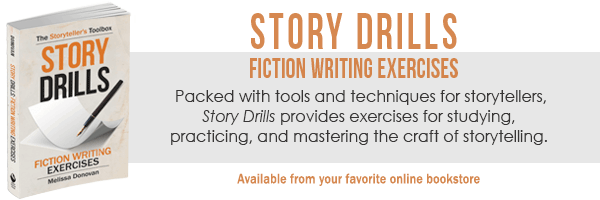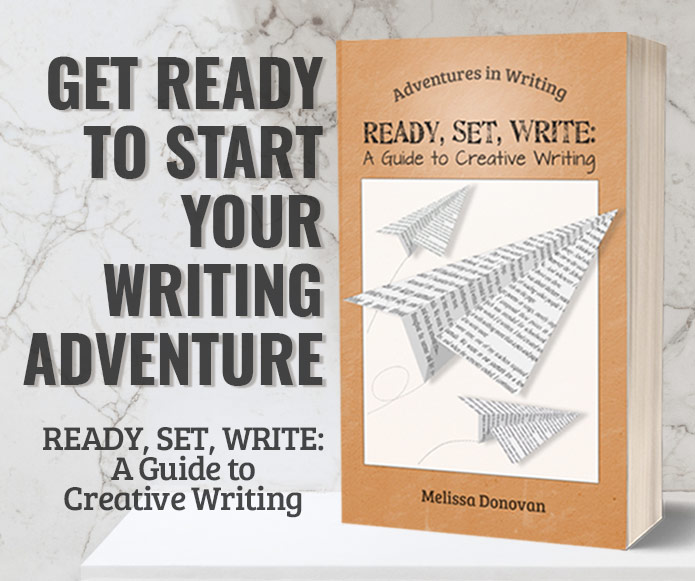Today’s storytelling exercise comes from my book Story Drills: Fiction Writing Exercises, which is packed with lessons and exercises for beginning to intermediate storytellers. This one is about developing a process. Enjoy!
Process
A typical writing process includes the following steps: brainstorm, outline, research, draft, revise, edit, proof, and publish.
Sounds pretty straightforward, doesn’t it? But it’s not.
The writing process is a little different for each author, and it’s a messy process for most. Some authors don’t bother brainstorming or outlining. They’re struck by an idea, and they start writing. Some authors write chapter by chapter, editing and polishing as they go instead of completing a draft and then revising the entire manuscript. Some authors work without any notes or research. Others use meticulous note-taking and research.
And many authors spend a good portion of their early careers discovering and refining the process that works best for them. Authors might also use different processes for different projects.
Ultimately, each author must figure out what works best for their particular writing goals and working style.
Study:
Find three interviews of authors describing their writing processes. Try to find three authors with different processes. You can use video or written interviews; they should be fairly easy to find online by searching for “author interview writing process.” Feel free to include some of your favorite authors’ names in your search to see how the authors who have influenced you tackle their writing projects.
Practice:
Think about your own writing process, and write a few paragraphs describing the steps you take to complete a writing project. Then answer the questions below.
Questions:
Do you have a clear, consistent process with identifiable steps? Do you use different processes, depending on the project? Is your writing process effective? Could it be improved? How has it changed over time? How often do you think about your process? What you could do to refine it?






This was really cool.
I ended up doing three writers I like quite a bit; One was helpful, the other two, had similar idea, but were not as through. George Saunders was the Most Helpful, Then the mangaka, Yoshihiro Togashi,and lastly Brian K. Vaughan.
I found if you reversed some of the questions at the bottom, and asked them for each writers, you had a lot more information to examine, manage and implement.
Hi Dorrian. It sounds like you found this exercise useful. Yes, the idea is to use the questions to contemplate and think critically about the concept on a deeper level, and I would encourage anyone to be flexible with the exercises and the questions and use them in the way that works best.